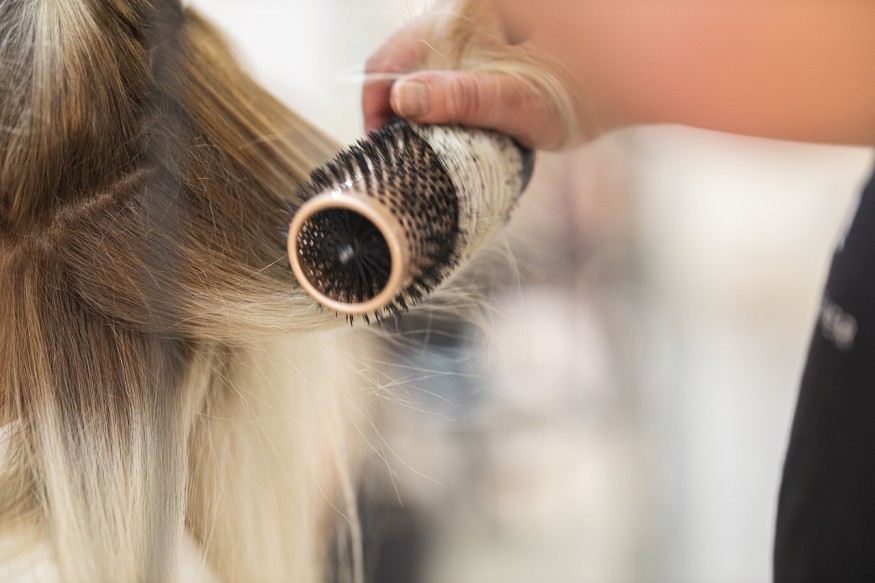Can a female hormone help hospitalized men with coronavirus have better health outcomes? A recent review supports this theory.

Experts said injecting the hormone into men could help increase conditions for men hospitalized with COVID-19 severe infections.
Both men and women manufacture progesterone. However, women produce slightly more of the said hormone during their reproductive years.
They published the full findings of their study journal Chest with the title "Progesterone in Addition to Standard of Care Versus Standard of Care Alone in the Treatment of Men Hospitalized with Moderate to Severe COVID-19: A Randomized, Controlled Pilot Trial."
"As an ICU doctor, I was struck by the gender disparity among COVID-19 patients who were very sick, remained in the hospital, and needed ventilators," Dr. Sara Ghandehari told Science Daily.
How Experts Conducted The Study
Daily Mail said California researchers enlisted the help of 40 male patients admitted to the hospital with a COVID-19 infection. They gave half of the participants a five-day course of progesterone injections twice daily.
One group served as a placebo group for contrast, receiving only routine medical treatment for the condition at the time.
During their stay in the hospital, the study group was also given 100-milligram progesterone injections twice daily for five days.
The staff regularly assessed all of the patients for 15 days or before healthcare workers released the participants.
On the seventh day, researchers measured each patient's clinical condition using a traditional seven-point scale ranging from 7 ('not injured, no limits on activities') to 1 ('death').
According to the researchers, patients who underwent progesterone injections ranked 1.5 points higher on the scale than the control sample.
The experimental group also spent fewer days in the hospital and needed less supplemental oxygen and mechanical ventilation. However, according to the researchers, the variations between the groups in these areas were not statistically important.
The progesterone injections caused no significant side effects. The anti-inflammatory effects of the hormone, according to experts, were crucial in reducing significant deaths from the novel coronavirus infection.
However, two patients died during the 15-day study period, one from each of the two groups. But the deaths were due to the experiment procedures, according to the researchers.
Dr. Ghandehari, a director of Pulmonary Rehabilitation in the Women's Guild Lung Institute at Cedars-Sinai, warned that the research had some flaws despite the promising results of using progesterone to treat men with COVID-19.
She explained the sample size was limited. She added participants were predominantly White, Hispanic, and obese people with a moderate burden of other factors, all of which raise the likelihood of adverse outcomes.
Dr. Ghandehari added that more study is required in broader, more heterogeneous groups, including postmenopausal women and other treatment centers.
This will allow the team to "determine the degree of therapeutic feasibility and assess any other possible safety risks of this treatment strategy," she added.
Why COVID-19 Hit Men Harder Than Women
Experts believe that men, regardless of geography or age, have a more unsatisfactory outcome than women in COVID-19.
According to the Washington Post, men have weaker immune responses to coronavirus infections because of differences in immune systems and hormones.
Men's immune systems are not only weaker, but the coronavirus may also hamper them in some extreme situations.
It would be simplistic to disregard how other aspects of gender, such as actions and social norms, could affect the pandemic in addition to biological differences.
The coronavirus has aided in the shift away from the ancient viewpoint. According to the Washington Post, the pandemic has resulted in the sudden awareness that gendered social influences and genetics may affect a person's life expectancy, sickness history, and risk of disease.
Check out more news and information on COVID-19 on Science Times.
© 2026 ScienceTimes.com All rights reserved. Do not reproduce without permission. The window to the world of Science Times.











